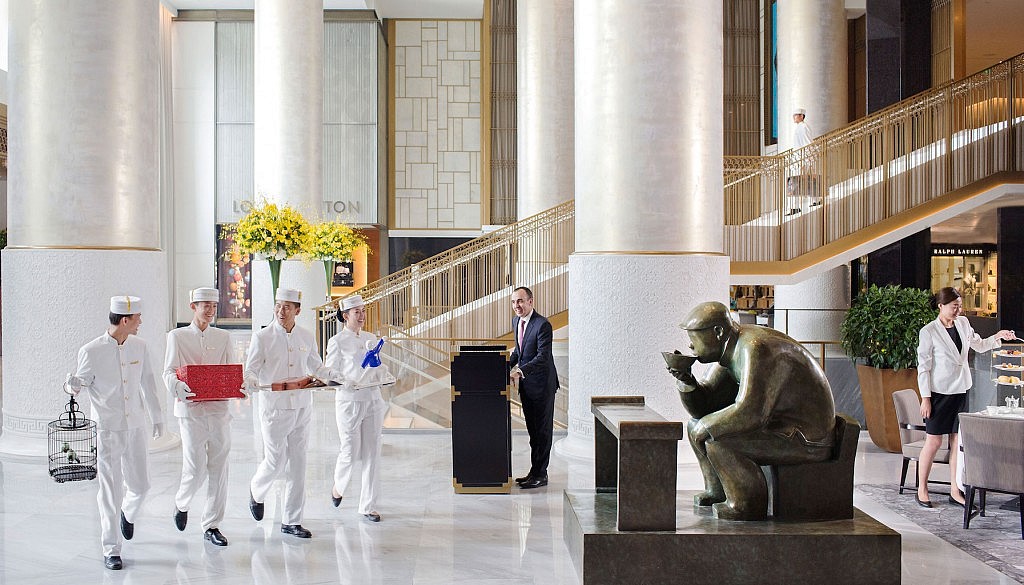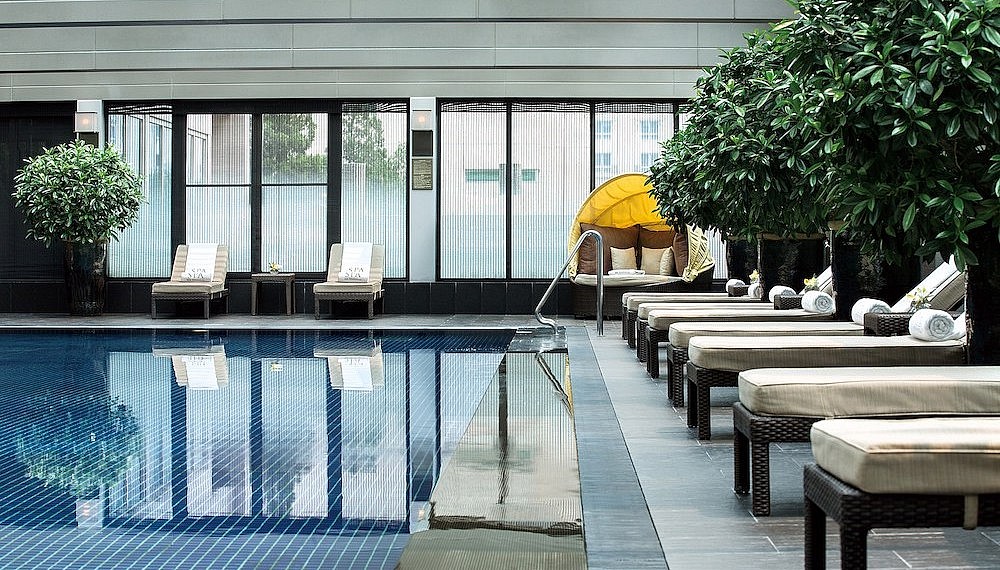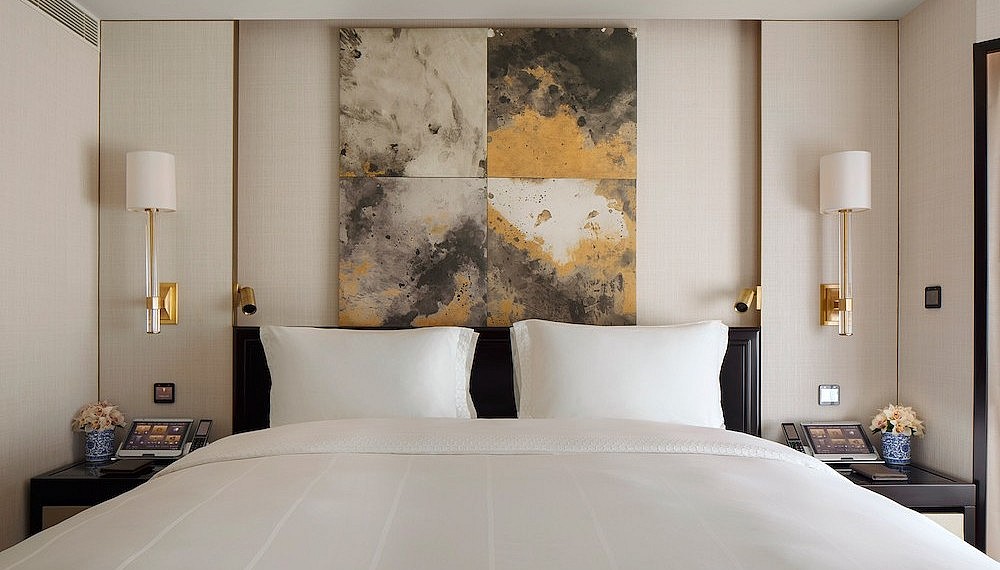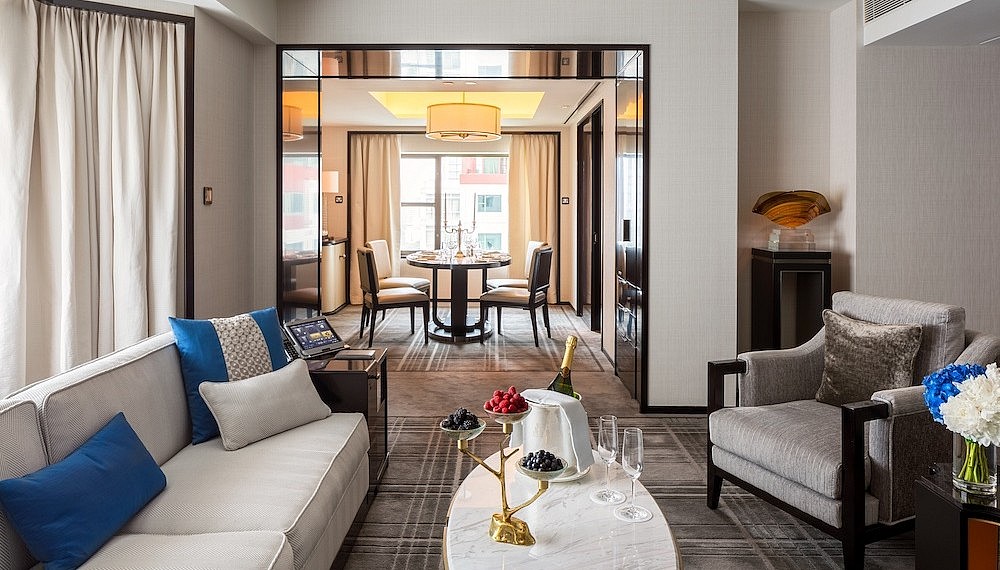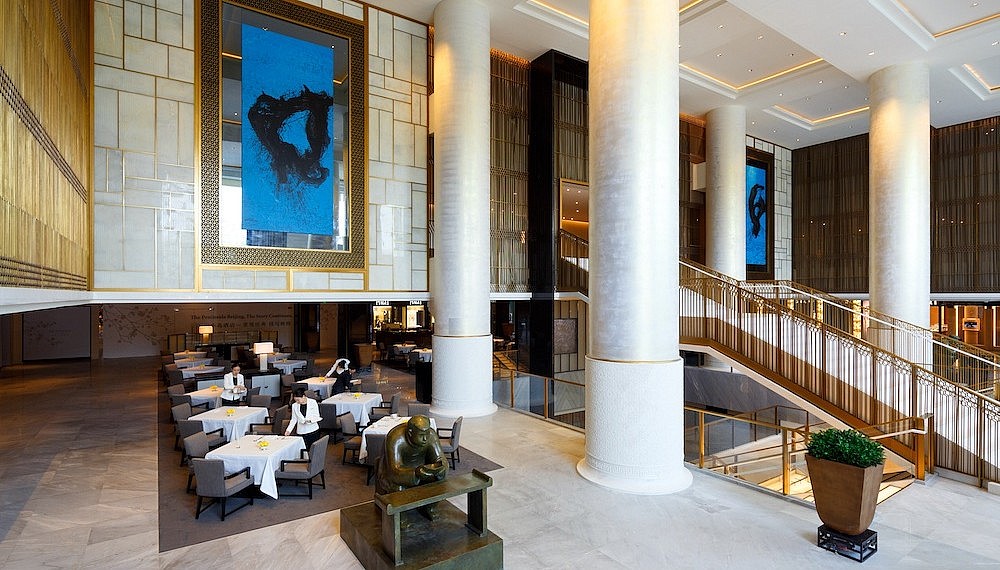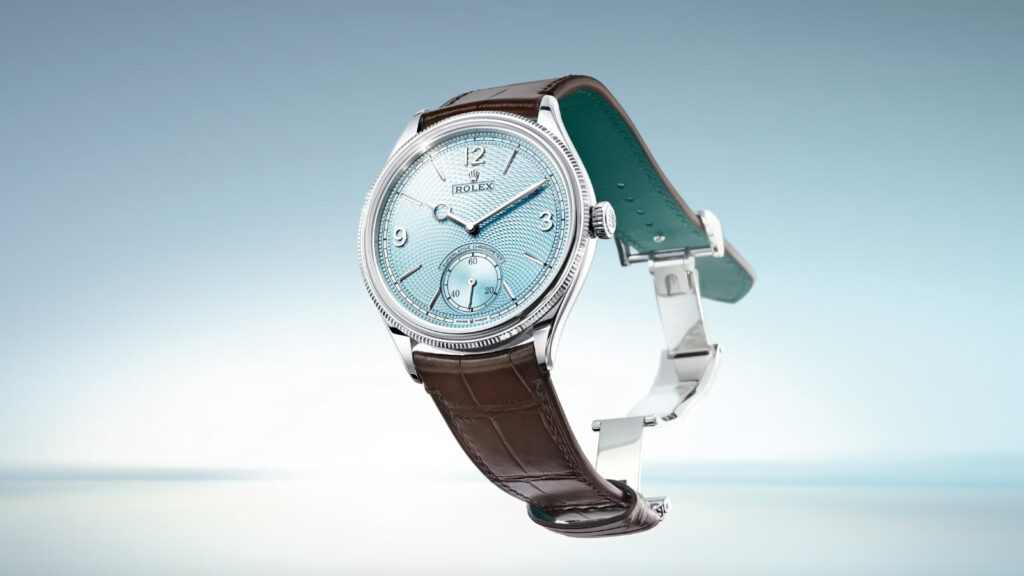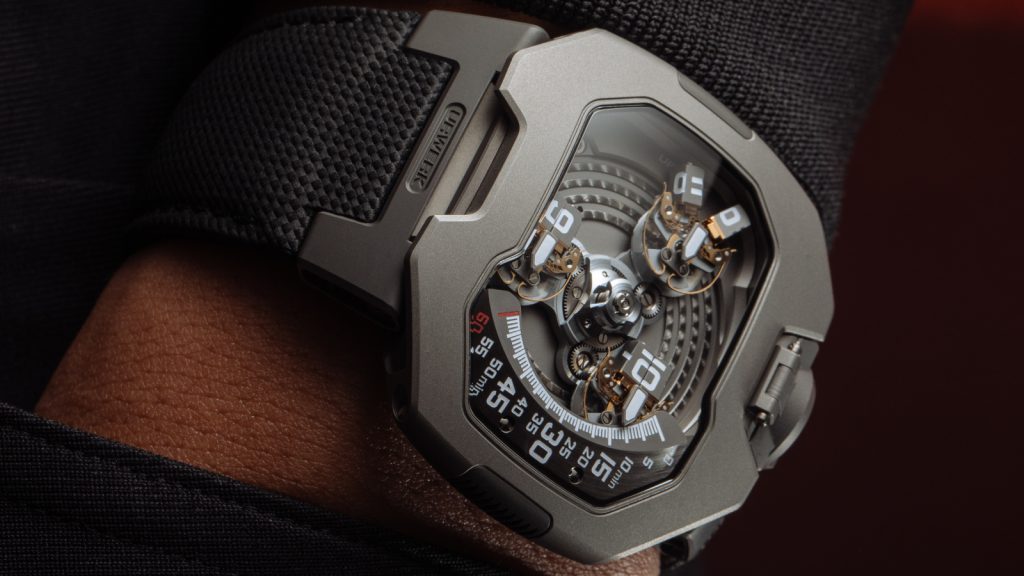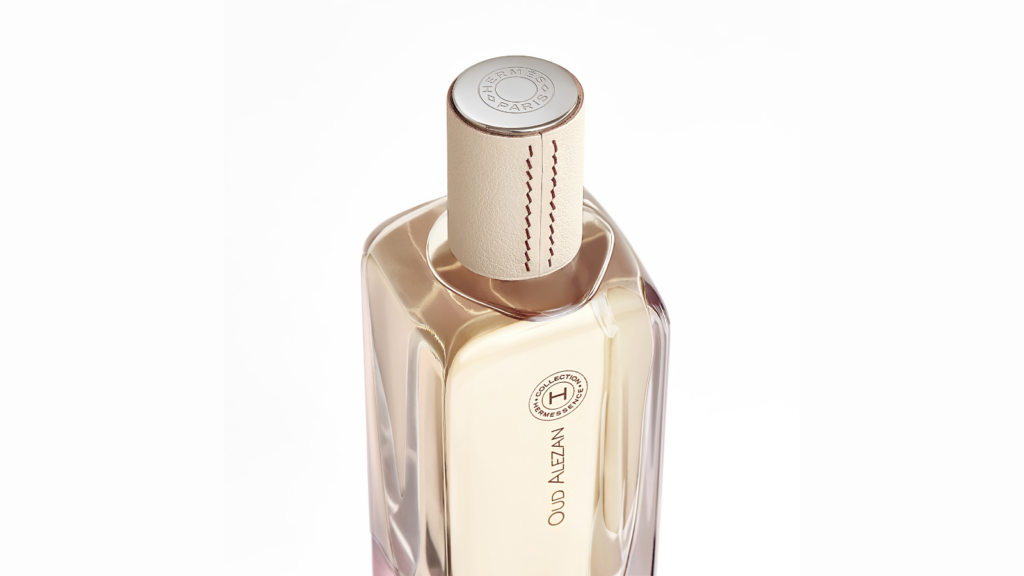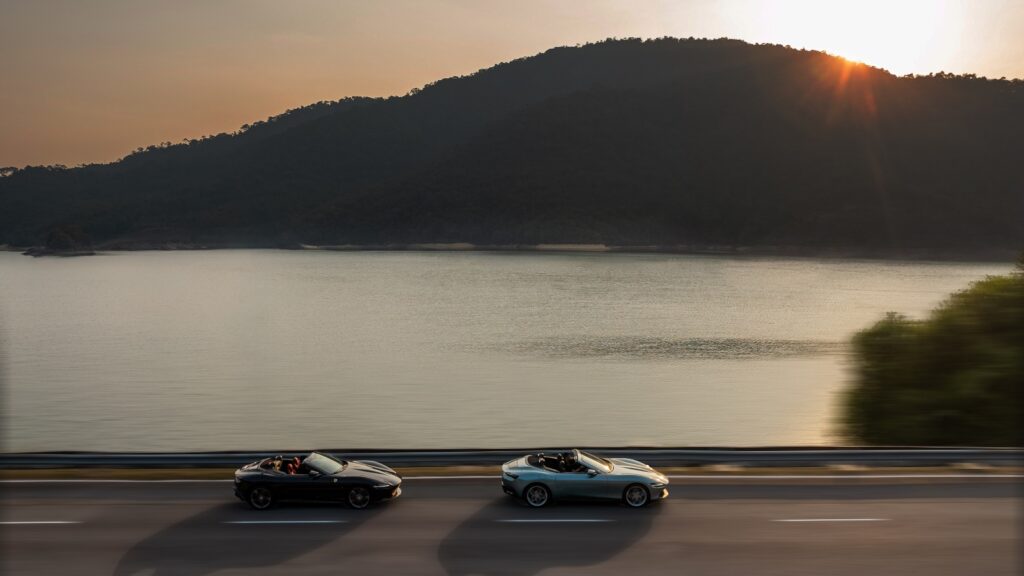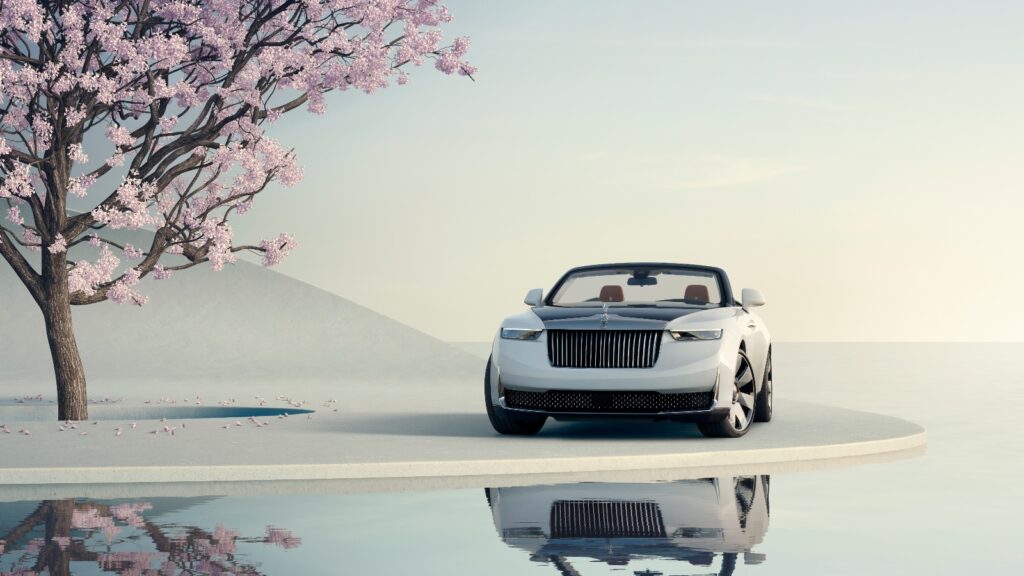imperial order
Beijing is a much different place than it was when the Palace Hotel opened in 1989. Since that pivotal year — marked most notably by the tragic events in Tiananmen Square — the Chinese capital’s booming population has been outstripped only by its furious pace of construction and consumption. The debut of the Western-style Palace was a harbinger of luxuries to come, but the hotel slipped in status when those luxuries (among them properties from Four Seasons, Rosewood and Aman) eventually did come. After completing a US$123 million transformation this May, however, the Peninsula Beijing — as the Palace has been known since 2006 — officially reclaimed its place as the most refined refuge in the bustling city.
It would be a disservice to call what the Peninsula has done a renovation; this is an entirely new hotel within the same shell. While the population around it has soared, the Peninsula has gone in the opposite direction — slashing its number of guest rooms from 525 to just 230. Private pieds-à-terre atop the sprawling city, the new rooms are a minimum of 645 square feet, most of them much larger. Each has a separate living area and bedroom and a sanctuary of a dressing room with a valet box and nail dryer. If they are a bit predictable in their design — straightforward international decor accented with Chinese art and motifs — all rooms offer suite-level space and luxury enhanced by the latest Peninsula amenities (including a touchpad room control that operates in 11 languages).
Chinese art plays a more prominent role in the Peninsula’s lobby, where a new three-story white-marble staircase is flanked by abstract ink paintings by Qin Feng and a pair of bronze sculptures by Zhang Du. The hotel also features revolving displays in a gallery space that links its spa and fitness center, and has launched an artist-in-residence program in conjunction with the Museum of Contemporary Art Beijing.
Guests can delve into Beijing’s art scene through the Peninsula’s Keys to the City program, which offers behind-the-scenes tours of local museums and the galleries of the 798 Art Zone. Also available are expert-guided trips to the Forbidden City and Tiananmen Square, both of which are within walking distance. The tourist-friendly location — also convenient to the walking-only Wangfujing shopping street — is one thing that hasn’t changed at the property, and it remains a primary reason why the Peninsula is our base of choice in Beijing.
